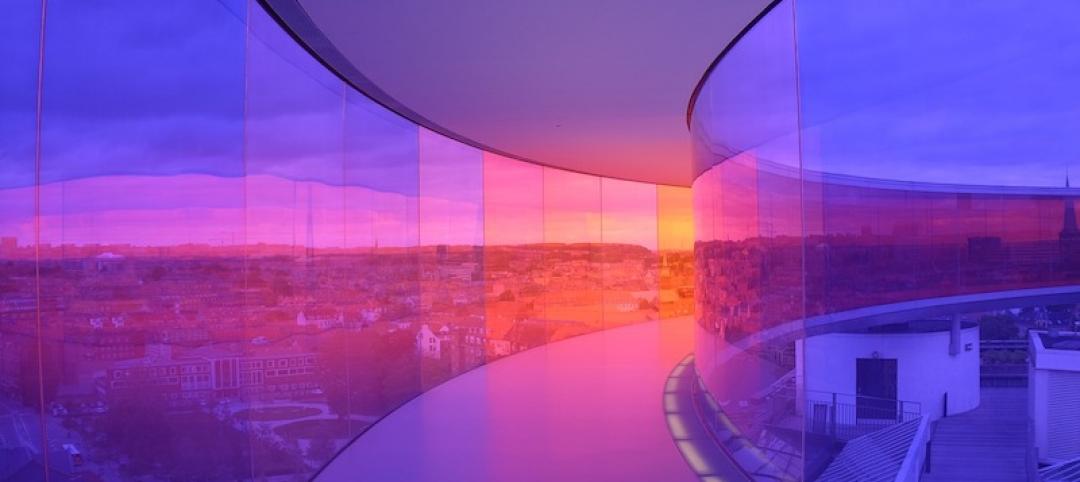Volunteers in Berkeley, Calif., are collecting signatures for the “Green Downtown & Public Commons Initiative,” a controversial measure that critics charge would halt some development in the city. The initiative has higher green standards and less flexible design guidelines—factors that developers say could stop two major projects, a proposed 180-foot high hotel and a 17-story apartment tower.
The initiative would mandate that developers planning a project taller than 60 feet use the “Green Pathways” provision of the Downtown Area Plan. This rule—currently optional—says that a developer can provide a higher level of community benefits in exchange for a fast-track approval process. Under Green Pathways, developers have to make structures LEED Platinum rather than LEED Gold; build more parking; include spaces for bicycles, electric cars and the handicapped; pay prevailing wages to construction and hotel workers; and make sure that half of a project’s construction workers are Berkeley residents.
The financial proposition for a high-rise hotel in Berkeley is fragile, according to a representative of the proposed hotel, and the new initiative would require additional setbacks and restrictions that would make it impossible to have enough rooms on each floor to make the project viable. The initiative calls for a minimum 15-foot setback, but the hotel developer says the structure must have a 10-foot setback to have enough space per floor.
City Councilman Jesse Arreguín, who supports the measure, says it is not intended to stop development, but is a way of getting developers to contribute more benefits to the downtown area.
Related Stories
Codes and Standards | Aug 12, 2021
AGC pushes for more environmentally friendly construction
Contractor trade group supports government investment, tax incentives to reduce carbon footprints.
Codes and Standards | Aug 11, 2021
Decentralized approach to codes means emissions reduction responsibility falls on local officials
Efficiency advocates focusing more on local code amendments.
Codes and Standards | Aug 10, 2021
Dept. of Energy issues model energy code determinations for commercial, residential buildings
2021 IECC offers 9.4% site energy savings.
Digital Twin | Aug 9, 2021
Digital Twin Maturity white paper offers guidance on digital twin adoption
Provides lifecycle map and an approach for incorporating digital twins.
Codes and Standards | Aug 5, 2021
Contractors can be liable for building failures many years after project completion
Personal injury suits could be brought decades after substantial completion.
Codes and Standards | Aug 4, 2021
Mass timber is a natural choice for building recycling through deconstruction
Designing wood buildings to optimize recovery of materials for disassembly aids carbon sequestration.
Codes and Standards | Aug 3, 2021
Dept. of Energy releases initial version of the Spawn of EnergyPlus software
Targets new use cases in advanced controls, district systems, and grid integration.
Codes and Standards | Aug 2, 2021
Several U.S. cities among most expensive places to build in the world
San Francisco, New York, and Boston head the domestic list.
Codes and Standards | Jul 28, 2021
American Concrete Institute creates new director of innovative concrete technology post
Aim is to attract emerging technologies for development.
Codes and Standards | Jul 28, 2021
Higher ed faces infrastructure backlog of $112.3 billion
Study recommends integrated strategic planning for best results.

















